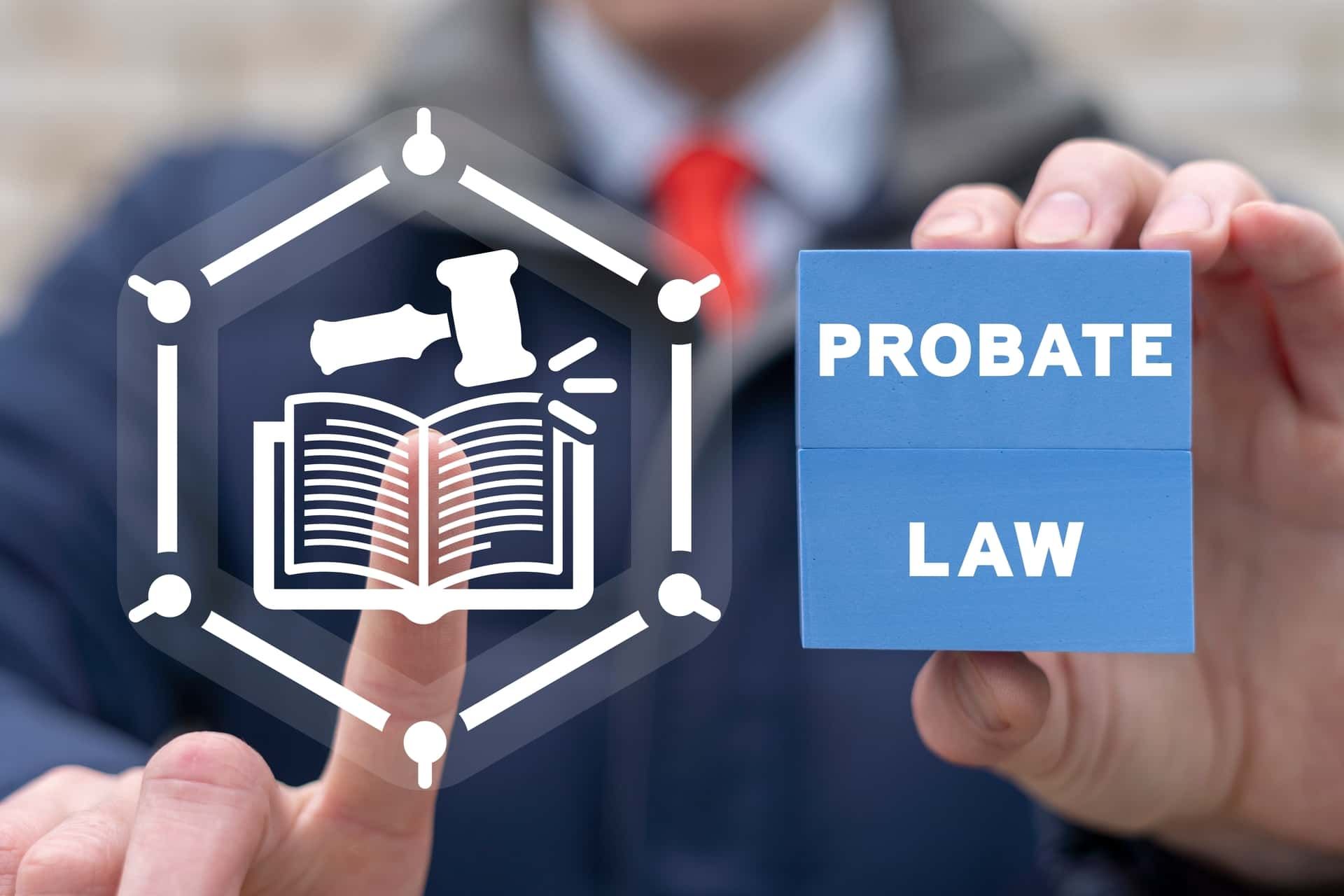Should You Amend a Tax Return or Make a Voluntary Disclosure if You Have Unreported Income Tax Return?
The IRS is cracking down on tax cheats. The agency is requiring more and more taxpayers to file tax returns. Tax returns can be a pain, but they’re necessary to figure out how much tax you owe and if you’ve made any mistakes.
So, where do you begin? Should you file your return as an amendment or voluntary disclosure? Keep reading to learn the differences between the two so you can make the best choice for your specific situation.
And to ensure that you get the best representation, be sure to contact IRS tax attorney Mary King. With more than 30 years of experience, you can trust that she and her team will fight to get you a favorable outcome.
What Is an Amending Return?
An amendment is a formal request to change or correct your tax return. You can file an amendment to report income and deductions you should have reported from the original return or amend a tax return to correct a mistake on the original return. An amendment can be either a streamlined or regular process.
You’ll need to file an amendment if you’ve made a mistake or omitted income or deductions on your tax return or if you’d like to change or correct your tax return after you’ve already filed it. You can file an amendment to report income and deductions you should have reported from the original return or amend a tax return to correct a mistake on the original return.
An amendment can be either a streamlined or regular process. You’ll need to file an amendment if you’ve made a mistake or omitted income or deductions on your tax return or if you’d like to change or correct your tax return after you’ve already filed it.
You should hire an IRS tax attorney to ensure that you go through the proper channels and to avoid overlooking anything important.
Voluntary Disclosure
If you’ve underpaid your taxes, you might want to consider a voluntary disclosure. Voluntary disclosure is a tax agreement with the IRS that requires you to pay your IRS tax debt.
Once you decide that you want to make a voluntary disclosure, you’ll have to file accordingly with the proper form. This form has all of the information you’re required to include:
1. Why you’re entering into a voluntary disclosure agreement
2. The amount you owe
3. How you plan to pay for it
4. When you plan to pay it
5. Any agreements you have with anyone else, like a creditor or a third party to who you owe money to
6. Any other information the IRS requires (like a statement of business activities or a financial statement)
7. Any other information you want to include
Tax Return Amending
If you can’t or don’t want to file a voluntary disclosure, you might want to consider filing a tax return amendment. A tax return amendment is a formal request to change or correct your tax return.
You can file an amendment to report income and deductions you should have reported from the original return or amend a tax return to correct a mistake on the original return.
A tax return amendment can be either a streamlined or regular process. If you file a tax return amendment, you’ll pay the IRS as if you filed your original tax return as is. And you’ll need to pay the IRS any taxes you owe for the year as if you filed your original tax return as is.
Filing a tax return amendment is generally a last resort, as it requires you to pay your full tax debt as if you filed your original tax return as is.
Which Should You Choose?
If you’ve underpaid your taxes, you might want to consider a voluntary disclosure. A voluntary disclosure is a tax agreement with the IRS that requires you to pay your IRS tax debt. In exchange, you can avoid criminal penalties, such as fines and prison time.
You’ll pay the IRS based on the regular tax rates for your income and the amount you owe. This might be a better option if you can’t pay your full tax debt but you can pay the minimum.
In a voluntary disclosure, you’ll pay the IRS based on the regular tax rates for your income and the amount you owe. If you’ve underpaid your taxes, you might want to consider a voluntary disclosure.
Call Mary King for All of Your Tax-Related Needs
At the Law Offices of Mary E. King, we’re committed to helping you with all IRS and tax-related matters. If you would like to schedule a consultation, we invite you to contact us at 941-906-7585 or via our contact form .
Disclaimer: The information on this website and blog is for general informational purposes only and is not professional advice. We make no guarantees of accuracy or completeness. We disclaim all liability for errors, omissions, or reliance on this content. Always consult a qualified professional for specific guidance.
RECENT POSTS
CONTACT US






